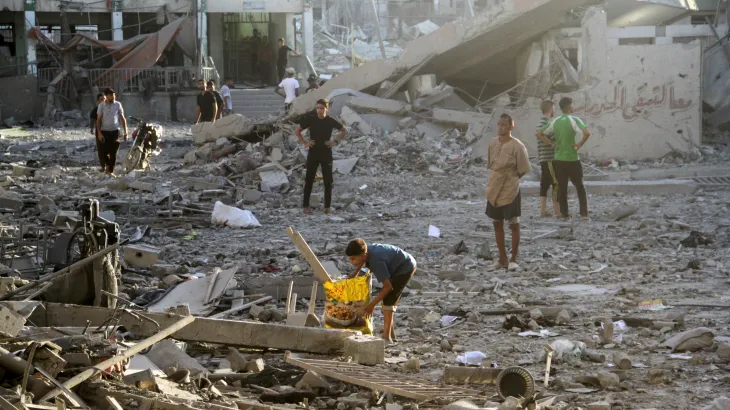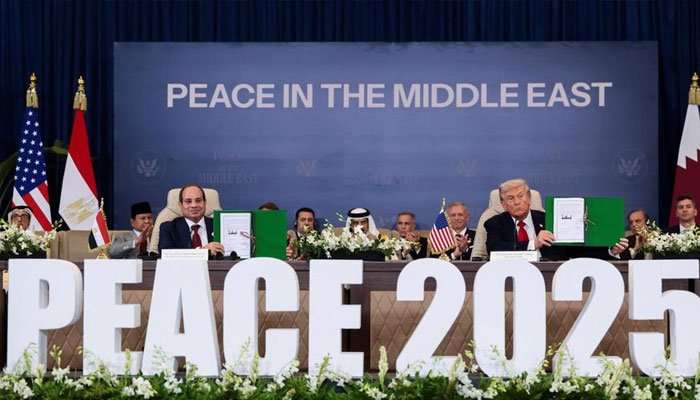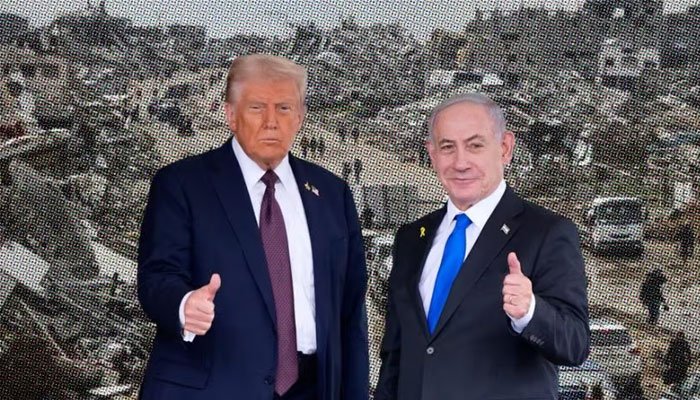In a major escalation, Israel Attacks Qatar, striking residential areas in the capital city of Doha. According to Al Jazeera, the strike targeted long-time Hamas leaders, many of whom had been operating from Qatar for years. Israeli officials confirmed their military would continue actions against Hamas abroad, extending the conflict beyond Gaza and into the Gulf region.
This airstrike makes Qatar the sixth Muslim country targeted by Israel in recent weeks, highlighting the widening scope of the conflict and raising fears of regional instability.

Expanding Conflict Beyond Borders
The Doha strike is part of Israel’s intensified campaign across the Middle East. Israeli forces have kept up heavy bombardment of Gaza, seeking to pressure Hamas while pushing ground operations into Gaza City. At the same time, Israel has carried out repeated air raids in Lebanon and Syria. In Yemen, Israeli drones targeted alleged Hamas-linked networks, while in Iran, strikes focused on military advisors.
Just days ago, Tunisia witnessed a suspected Israeli drone attack on a Gaza-bound humanitarian flotilla, killing several aid workers and sparking international outrage.
By striking Qatar—a U.S. ally and home to critical peace negotiations—Israel has pushed the confrontation into new, riskier territory.
Context of the Doha Attack
The strike came shortly after Israeli Army Chief Eyal Zamir warned that Hamas leaders abroad were “within reach” of Israeli operations. His comments hinted at Israel’s willingness to expand its battlefield into countries sheltering Hamas officials.
Adding to the tension, the attack followed Israel’s acceptance of a U.S.-backed ceasefire proposal for Gaza. Ironically, Hamas representatives were in Doha negotiating the same proposal when the strike hit. Analysts say the timing undermines diplomatic trust and signals that Israel intends to maintain pressure, regardless of mediation efforts.

Qatar’s Strong Response
Qatar’s foreign ministry issued a sharp condemnation, labeling the airstrike a “cowardly” and “criminal” act. Foreign Ministry spokesperson Majed Al-Ansari said the strike on residential neighborhoods violated international law and endangered civilians.
He stressed, “Qatar will not tolerate violations of its sovereignty or threats to its stability.” Officials pledged to conduct a full investigation and release more details once assessments are complete.
This is not the first time Qatar has been caught between its role as a mediator and its hosting of Hamas’s political bureau. But direct military strikes on its soil mark a dramatic shift, forcing Doha to consider stronger diplomatic or even security responses.
Local Impact and Security Efforts
Al Jazeera correspondent Suhaib al-Assa reported that the attack struck a residential neighborhood rather than isolated facilities. Security teams sealed off the area, checked for casualties, and assessed damage. Eyewitnesses described shattered glass, smoke clouds, and families fleeing their homes.
Al-Assa noted that conditions remain “extremely sensitive,” given the populated location and risks of further escalation. Hospitals in Doha prepared for casualties, though official numbers have not yet been confirmed.

Sixth Muslim Country in Line of Fire
Qatar is now the sixth Muslim-majority nation hit by Israel’s widening campaign. The list includes:
- Gaza – relentless bombardment and ground invasion.
- Lebanon – repeated air raids on Hezbollah-linked sites.
- Syria – strikes on Damascus and Aleppo military facilities.
- Yemen – drone attacks against alleged Hamas affiliates.
- Tunisia – flotilla strike killing humanitarian activists.
- Qatar – latest assault targeting Hamas leaders in Doha.
Analysts argue this pattern reflects Israel’s new “no sanctuary” doctrine, eliminating Hamas leadership wherever they are found.
International Fallout
The global reaction was swift. The United Nations Secretary-General António Guterres condemned the strike, calling it a “serious violation” of Qatar’s sovereignty. He urged Israel to halt actions that could derail ceasefire negotiations and escalate tensions further.
Regional powers, including Saudi Arabia, Egypt, and Turkey, issued statements denouncing the attack. Western capitals expressed concern but stopped short of concrete measures.
The United States confirmed Israel had notified Washington before carrying out the strike, but it remains unclear whether U.S. officials approved or objected. Analysts warn this complicity may undermine Washington’s credibility as a neutral mediator.

Risks Ahead
By striking in Qatar, Israel risks not only worsening relations with Gulf states but also destabilizing the fragile balance in the Middle East. Qatar hosts the Al Udeid Air Base, a critical U.S. military hub, and serves as the main venue for ceasefire negotiations. Any perception that peace talks are unsafe could derail future diplomacy.
Energy markets have already reacted. Oil prices spiked after the Doha strike, reflecting investor fears of supply disruptions if Gulf tensions escalate further.
For Qatar, the attack is a direct test of sovereignty and regional leadership. For Israel, it underscores a shift toward globalizing the battle against Hamas, regardless of borders.
Conclusion
The Israel Attacks Qatar strike represents a dangerous escalation of the Middle East conflict. By hitting Hamas leaders in Doha, Israel extended its military reach into a Gulf ally and disrupted sensitive ceasefire negotiations.
With Qatar now added to the list of targeted Muslim countries, fears of broader confrontation grow. The international community faces mounting pressure to intervene, but for now, the skies over Doha remain tense, and the path to peace looks increasingly uncertain.





